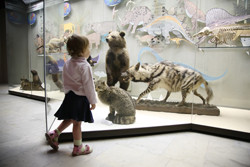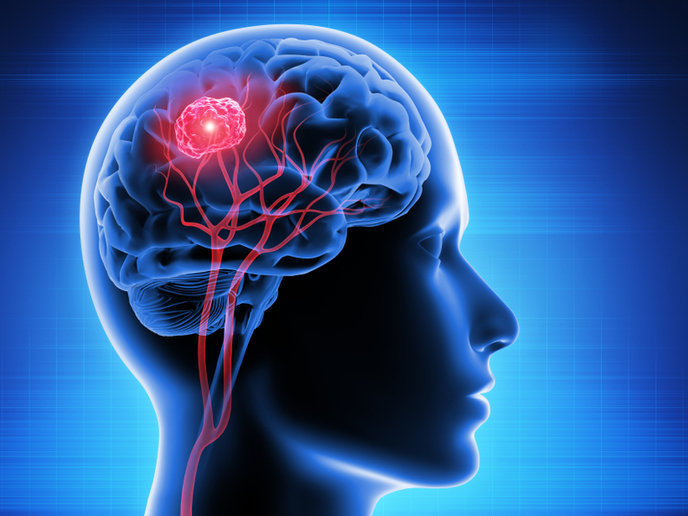Better access to museum DNA specimens
Biodiversity is a major topic of discussion and research, and an important global issue. Understanding and preserving biodiversity is critical for the discovery of new medicine, economic development and human life as part of an interdependent ecosystem. A European consortium has provided access to European natural history collections, facilities and libraries with support of in-house researchers and curators. The EU-funded 'Synthesis of systematic resources' (SYNTHESYS)(opens in new window) project provided services that promote understanding of topics such as the impact of human activity on biodiversity. SYNTHESYS focused on meeting researcher demands for DNA capable of being sequenced. Scientists developed a software tool for predicting the potential presence of recoverable ancient DNA, removing the need for destructive testing that might not be fruitful. In addition, the consortium improved sampling and extraction techniques for both ancient and more modern DNA. The tools allowed over 1 000 researchers access to a previously unexploited treasure within the consortium's 337 million collections. The consortium also improved the quality of collections management through assessment tools, training courses, exchange forums and defining of performance indicators. Scientists now have easy electronic access to information at different institutions based on new research and developments. Finally, the consortium reduced the amount of DNA required for sequencing by an order of magnitude. This means that for rare museum samples, the biological material can be preserved for much longer. SYNTHESYS research created an accessible, integrated DNA sequencing infrastructure for the natural sciences. It has ensured recovery of, access to and preservation of a goldmine of previously unexploited DNA information with important potential in the field of biodiversity.







